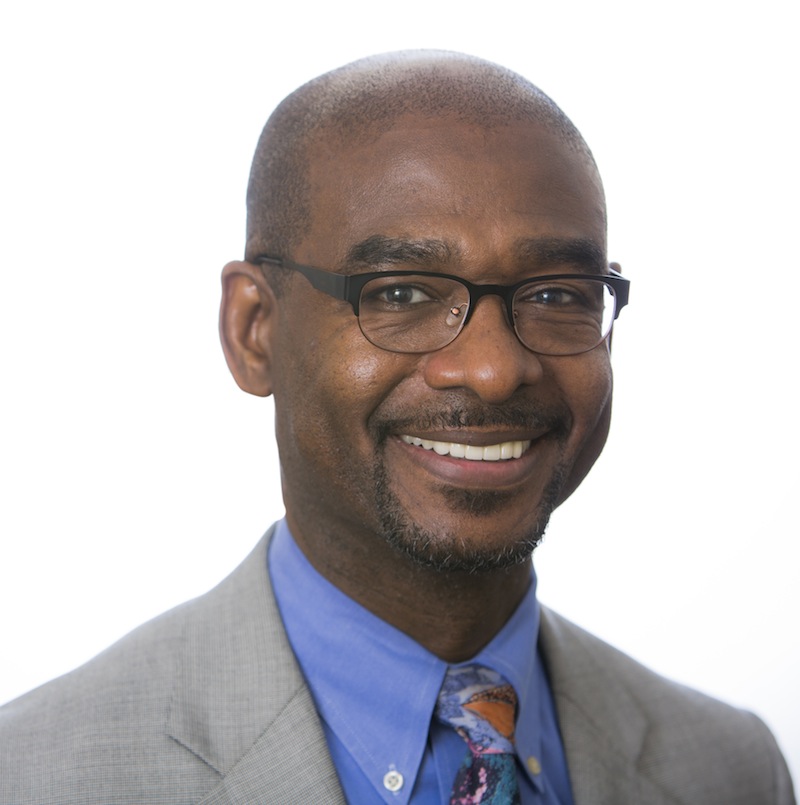Have you hugged a sickle cell patient today?
This year, June 19 has been designated world sickle cell day, but for those who suffer from sickle cell disease (SCD) every day is a potential sickle cell day. Sickle cell pain crisis is a constant threat.
Sickle cell disease encompasses several related disorders; the most common is sickle cell anemia.
It is the world’s most frequent genetic disorder. In fact, it is estimated that 70,000 to 100,000 people in the United States have sickle cell disease. Although the majority of them are African Americans, SCD also affects Hispanics and people of Saudi Arabian, Indian, Italian, Greek and Turkish descent. One out of every 500 African American and one out of every 36,000 Hispanic American newborns have sickle cell disease.
What is sickle cell disease?
Normal red blood cells are disc-shaped and look like doughnuts without holes in the center. They move easily through your blood vessels and are flexible. Red blood cells contain an iron-rich protein called hemoglobin. This protein carries oxygen from the lungs to the rest of the body. Sickle cells contain abnormal hemoglobin called sickle hemoglobin or hemoglobin S. Sickle hemoglobin causes the cells to take a crescent shape (like a sickle). They become stiff and sticky and tend to block blood flow in the blood vessels of limbs and organs.
Can I detect SCD early and prevent flare ups?
Yes. There is an advantage in diagnosing the disease early in order to prevent complications. Therefore, all states in the US screen newborns for sickle cell disease. Children with SCD can then receive appropriate care to prevent infections and strokes that can be fatal for example. If you have sickle cell disease, there are things you can do to prevent crises. As with everybody else, a healthy diet is essential. You must hydrate yourself well by drinking plenty of water or other hydrating fluids; this is even more important in the warm weather months coming up. Avoid extreme cold and heat. You are more likely to have a pain crisis if you are in a situation that increases your oxygen need or where the level of oxygen is low such as high altitude. A patient recently asked me whether he can get on an airplane; the answer is yes if the cabin is pressurized, but I would prefer that the blood level is also not too low.
Avoid strenuous physical activities that may result in exhaustion, but this does not mean you cannot be physically active. Avoid unnecessary stress and get enough rest and sleep. See your doctor regularly and take your medications as prescribed. There are medications that can decrease the frequency of crises as well as other supportive medications such as folic acid, pain medications, and medications to get rid of iron since patients with SCD receive a lot of blood transfusions. People with SCD can lead an active lifestyle with proper support. We all need to be compassionate, sensitive to their needs, supportive, and accommodating without condescension.
Can I prevent sickle cell disease from continuing in my family?
Yes. SCD is an inherited disease that people develop only when they inherit a gene for sickle hemoglobin from each parent. That means you cannot have a child with sickle cell anemia if only one parent has sickle cell disease or carry the trait (carrying the trait means having only one gene for the disease). If both parents have sickle cell trait, there is a 25 percent chance for them to have a child with sickle cell anemia. Approximately 2 million people in the U.S. have sickle cell trait, according to a study from the National Heart, Lung, and Blood Institute. If you have sickle cell disease or sickle cell trait and you are planning to have a child, you are advised to seek genetic counseling. They can help explain the likelihood of you having a child with SCD and what your choices are.
It is worth noting that September is officially, by act of Congress, Sickle Cell Awareness Month in the United States. And remember to hug a sickle cell patient today.
Dr. Raymond Thertulien is a board-certified Hematologist/Oncologist with Asheville Hematology & Oncology. He is a board member of the Western Carolina Medical Society Association. He studied medicine (MD) and did his doctoral studies (PhD) at the University of Rochester School of Medicine and Dentistry. He did his Internal Medicine residency at Cornell and His Fellowship in Hematology/Oncology at Memorial Sloan-Kettering Cancer Center in New York City.



Before you comment
The comments section is here to provide a platform for civil dialogue on the issues we face together as a local community. Xpress is committed to offering this platform for all voices, but when the tone of the discussion gets nasty or strays off topic, we believe many people choose not to participate. Xpress editors are determined to moderate comments to ensure a constructive interchange is maintained. All comments judged not to be in keeping with the spirit of civil discourse will be removed and repeat violators will be banned. See here for our terms of service. Thank you for being part of this effort to promote respectful discussion.